Landlord property inspection letter template
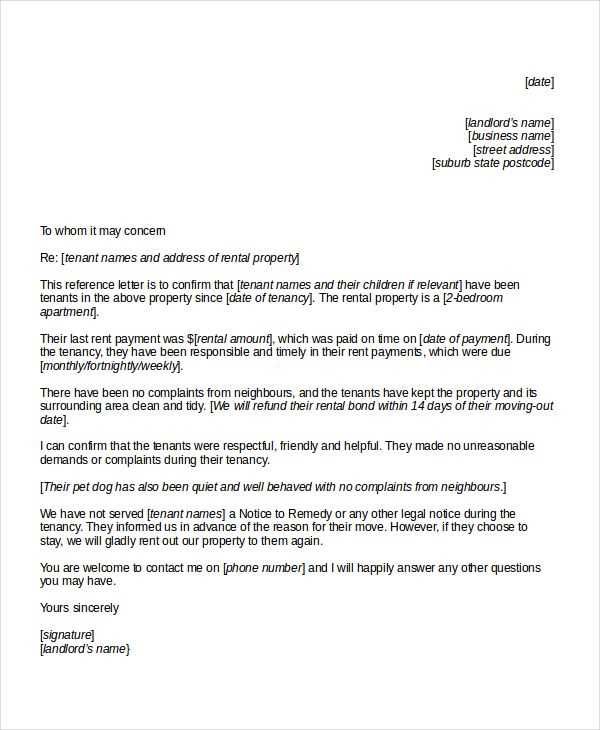
Ensure a smooth inspection process with a clear and professional letter. This letter sets expectations and outlines responsibilities for both the landlord and tenant during a property inspection.
Incorporate specific details such as the inspection date, time, and purpose. Acknowledge the tenant’s right to be present and inform them about any potential areas of focus during the inspection.
Keep the tone respectful and informative, while emphasizing transparency. This ensures both parties understand their obligations and helps maintain a positive relationship.
By using this template, you can handle property inspections with confidence and clarity, making sure all terms are agreed upon in writing.
Landlord Property Inspection Letter Template
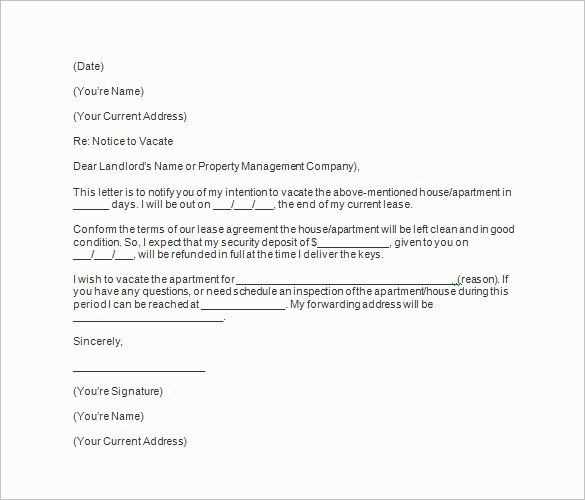
Make sure to keep your property inspection letter clear and professional. State the purpose of the inspection, and provide specific details about the timing and expectations. This helps maintain transparency and allows tenants to prepare accordingly.
Key Information to Include
Begin with the date of the inspection and the expected time. Mention the areas that will be checked, such as plumbing, electrical systems, or general condition of the property. Highlight any items that need the tenant’s attention or repair, but avoid overwhelming them with unnecessary details.
Polite and Direct Language
Use polite yet direct language to set expectations. For example, “We will be inspecting the property on [Date] at [Time]. Please ensure the premises are accessible for the inspection. If you have any specific concerns, feel free to notify us beforehand.” This approach is professional and respectful of the tenant’s time.
How to Notify Tenants About Property Inspections
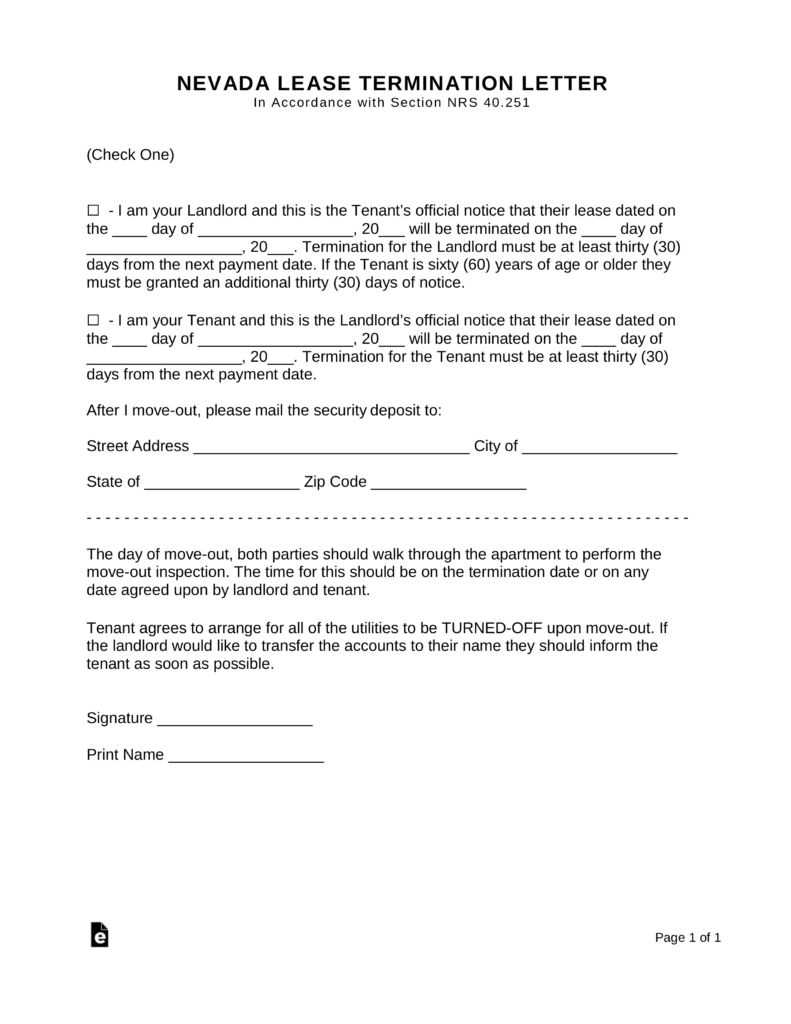
Notify tenants at least 24 hours in advance before conducting a property inspection. A written notice ensures clear communication and complies with legal requirements in many jurisdictions.
Key Points to Include in Your Notice
Provide the following details in your notification:
- Inspection date and time – Clearly specify when you will visit the property.
- Purpose of the inspection – State the reason for the inspection, whether it’s routine or due to a specific concern.
- Contact information – Include your phone number or email address for any follow-up questions.
- Special instructions – Mention any preparations the tenant needs to make, like securing pets or leaving the property during the inspection.
Sample Property Inspection Notice
| Item | Details |
|---|---|
| Notice Issued By | Your Name or Company |
| Tenant’s Name | [Tenant’s Name] |
| Inspection Date | [Insert Date] |
| Inspection Time | [Insert Time] |
| Purpose | [Routine Check/Repairs/Other Reason] |
| Contact Info | [Phone/Email] |
| Special Instructions | [Insert any instructions] |
Key Elements to Include in the Inspection Letter
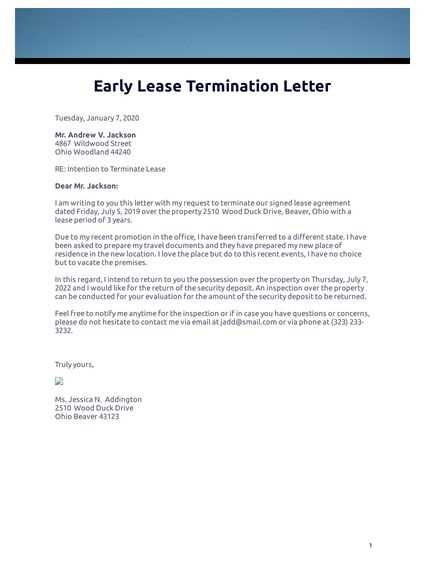
Clearly state the purpose of the inspection at the beginning of the letter. Specify the exact date and time of the planned inspection, and give tenants ample notice to prepare. Mention any access requirements, such as keys or specific areas that need to be available. Keep the tone polite but firm to maintain a professional relationship.
Property Condition and Expectations
Describe the general condition of the property, including areas that will be assessed. Be specific about any concerns or observations you expect to address during the inspection, such as maintenance issues or wear and tear. Highlight expectations for tenants, including the need to tidy up or make any repairs before the inspection.
Follow-up Procedures
Outline the next steps after the inspection, such as possible actions if repairs are needed. Specify any deadlines for tenants to address issues and provide contact information for follow-up communication. Let them know when they can expect a final report or decision on any necessary actions.
Setting a Clear Date and Time for Inspections
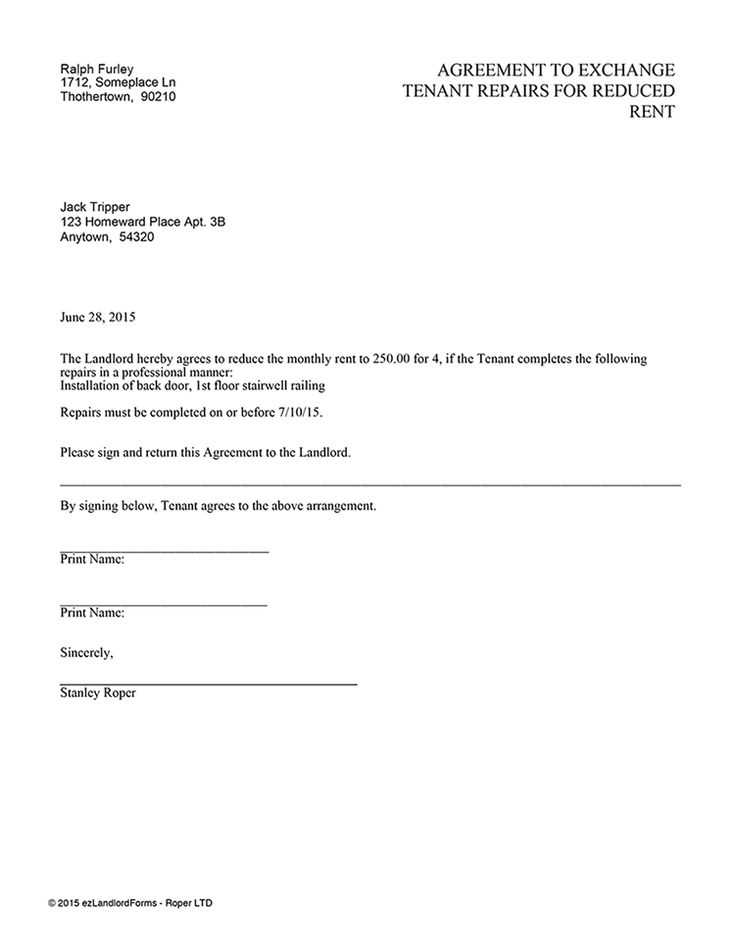
Set a specific date and time for the inspection to avoid confusion and ensure availability. Both the landlord and tenant should agree on a mutually convenient time well in advance. This helps to avoid last-minute scheduling conflicts and ensures both parties are prepared.
Provide Multiple Options
Offer a few dates and times for the tenant to choose from. This flexibility allows the tenant to pick the time that best fits their schedule, increasing the chances of a successful inspection.
Confirm the Appointment
Send a reminder a day or two before the scheduled inspection. This helps to confirm the appointment and ensures both parties are on the same page. Include contact details in case either party needs to reschedule.
- State the exact time and date clearly in the letter.
- Ensure you provide a reasonable window of time for the tenant’s convenience.
- Consider the tenant’s work schedule and other commitments when proposing times.
Legal Considerations for Conducting Inspections
Notify tenants in advance about property inspections. In most jurisdictions, tenants must receive written notice within a specified time frame–often 24 to 48 hours–before the inspection. Be sure to check your local regulations for specific notice requirements.
Access to the Property
As a landlord, you are permitted to access the property for inspections, but only under certain conditions. Ensure you schedule inspections during reasonable hours, generally between 8 AM and 6 PM, unless the tenant agrees to an alternative time. Unauthorized entry without proper notice can lead to legal consequences.
Tenant Rights During Inspections
Respect tenant privacy and avoid entering private spaces such as bedrooms or bathrooms unless necessary. The inspection should focus on the condition of the property and common areas. Tenants have the right to be present during the inspection, and landlords must allow them to attend if they wish.
Make sure to document the inspection. Take notes or photographs to record the condition of the property. This documentation may be crucial if disputes arise over damages or maintenance issues later on.
Best Practices for Maintaining Professional Tone
Use clear and direct language. Keep sentences concise, avoiding unnecessary words or overly complex constructions. A straightforward approach helps recipients understand your message without confusion.
Be respectful and polite. Even when pointing out issues or concerns, use polite phrasing to ensure the message is received in a constructive way. Avoid accusatory language or anything that might seem confrontational.
Maintain a neutral and objective stance. Stick to the facts and refrain from making personal judgments. This helps avoid misunderstandings and keeps the tone professional.
Keep the tone consistent throughout the letter. A mismatch in tone can create confusion or give an impression of inconsistency. For example, being overly formal in one section and too casual in another can seem unprofessional.
Focus on solutions. If there is an issue, provide clear suggestions for resolving it. This shows a proactive attitude and fosters a positive atmosphere.
Double-check your message. Read your letter carefully to ensure that the tone remains professional and that there are no unintended emotional undertones or misinterpretations.
Common Mistakes to Avoid in Inspection Letters
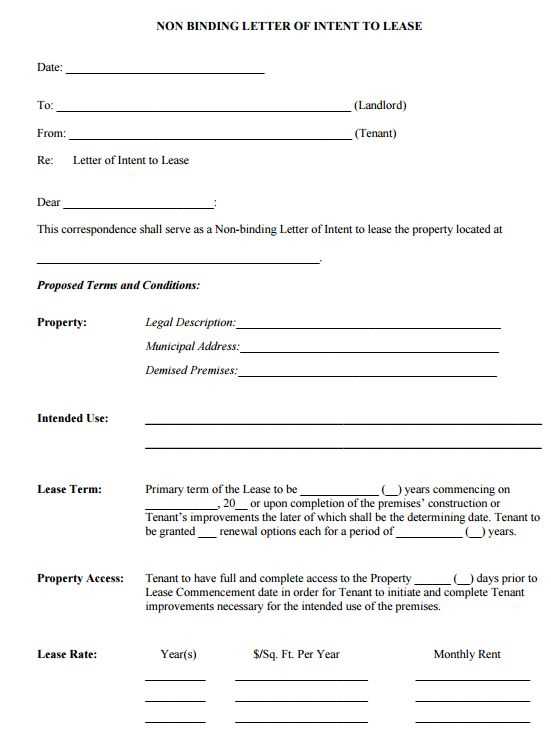
One major mistake in inspection letters is failing to specify the exact dates and times for the inspection. Always provide clear and firm details about when you will be inspecting the property. This avoids any confusion or misunderstanding with the tenant.
Vague Language
Avoid using vague terms such as “soon” or “sometime next week.” Instead, use specific dates and times. This helps in creating a professional and well-organized approach to the inspection.
Neglecting Legal Requirements
Each region may have specific legal requirements regarding property inspections. Ensure the letter complies with local laws, such as providing adequate notice to tenants. Ignoring these laws can lead to disputes and legal complications.